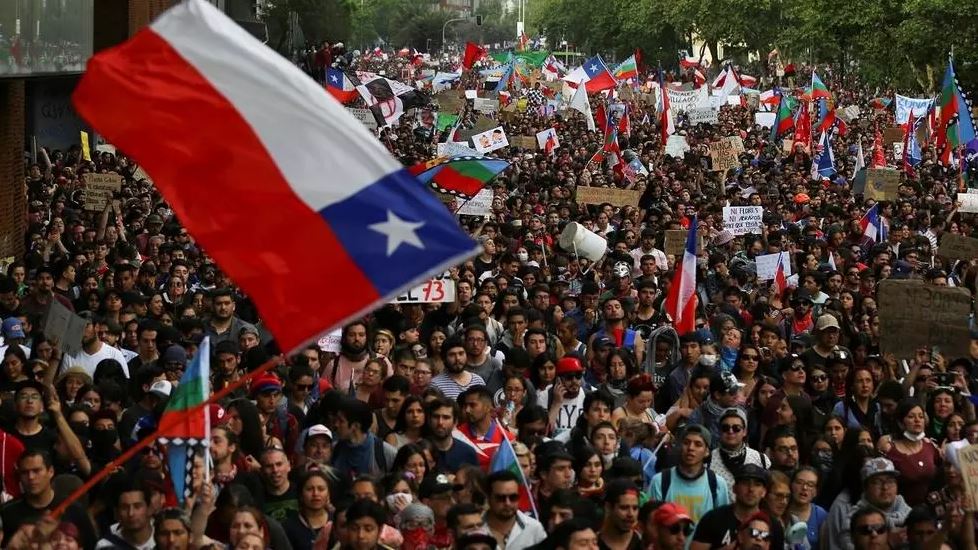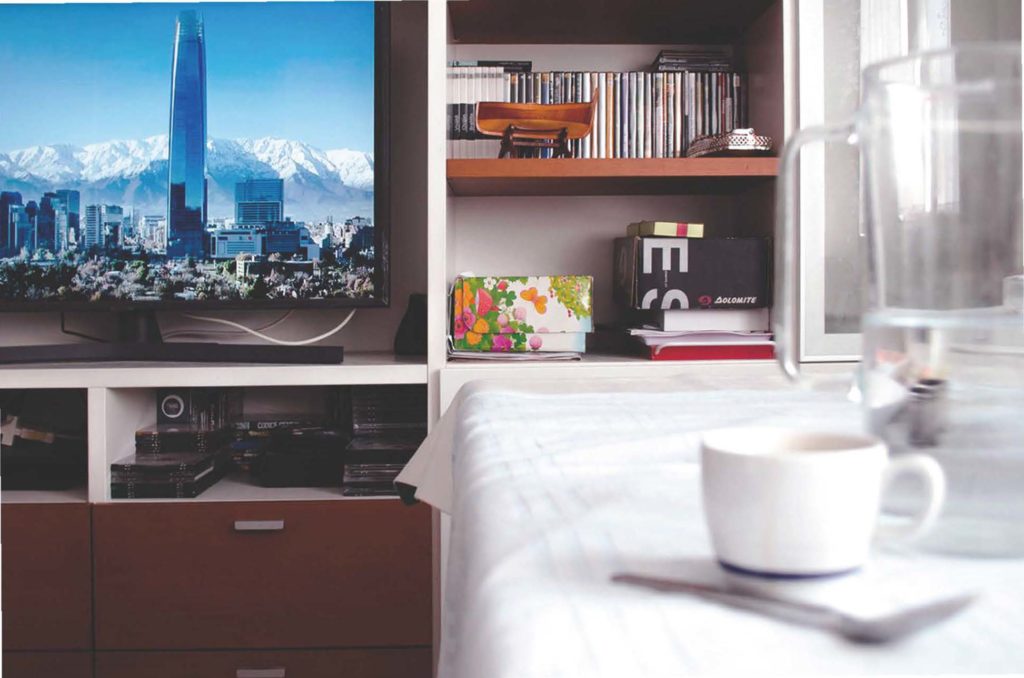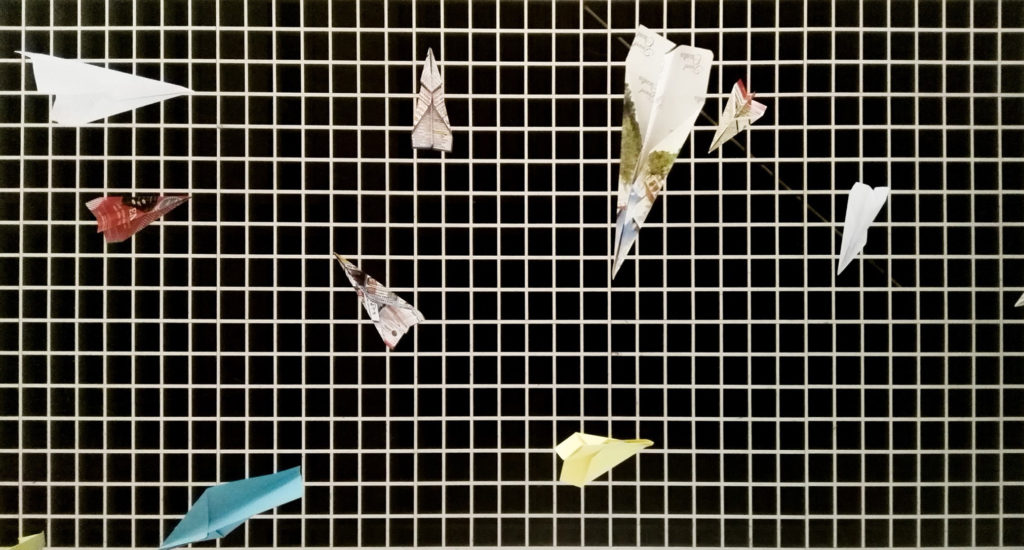Dreamin’ Santiago
When reality prevails and you have to say “goodbye” to your Erasmus program
In September, a few days before my Bachelor graduation, I received the great news: I had been chosen for the Erasmus exchange, with the last ranking list. Destination: Santiago, Chile. After the initial surprise I immediately started getting on with the organization which had to be completed by October 30th in order to leave, in the midst of graduation parties, hot weather, confusion, tax bills to pay and my study plan to do.
To get ready to leave I had to apply for my passport at the police station, to get a B2 certificate for a language which I had no knowledge of, I had to do a portfolio in a weird layout and to do the Learning Agreement. I began, step-by-step, to complete every task.
In the meanwhile, I dreamed. To see the huge city of Santiago, the Atacama Desert – one of the best places in the world to see the Milky Way -, the Patagonia region. To attend one of the best architecture universities of Latin America.
Then, the awakening. On October 22nd, while I am eating a plate of spaghetti at night after an exhausting trip, my father sits with me saying: “Don’t you know what is happening? There have been tanks on the streets of Santiago since Saturday, there have been victims during the protest, Piñera has put the city under curfew. You can’t leave.”
It was like a cold shower to me, because during those trip days I had either read the news nor checked social media properly.
Even seeing the exchange office being active in telling the seriousness of this event to all eight students heading off on the Erasmus program with Chile, proposing alternative solutions, it was not enough for me to accept the situation.

I just kept asking myself, who here is to be trusted? Am I to trust who says it is a “temporary situation” or who believes it will have bigger consequences? There was no time to reflect on this, a choice had to be made, immediately. The only thing that motivated me, that made me see things in a broader perspective than the sense of injustice and unreality that I felt, was talking to a girl who had just gotten back from Santiago after a year there. She did not hide from me how it had been an amazing experience going there. However, she frankly said to me that starting in a new university halfway across the world is not easy, and it can get even more difficult when the social-political situation of a country can become unstable.
Maybe it was her true concern for the friends and people she had met over there, her personal experience, to convince me that leaving was not the best idea at that moment.
Now, after several months, when the social issue seems concealed – but still remains – and Erasmus exchanges with Chile have been cautiously introduced again, I think about how the virus emergency has shuffled cards again, this time in Europe, in the blink of an eye. Which country can call itself safe, forever stable?
This missed experience of Erasmus at least gave me this, the awareness that there is a lot more out there, than my university everyday life. And I cannot ignore it, because in one way or another it concerns me, it affects me personally. Whether it’s an event happening close to me – or at least as it appears – far from me.
You cannot say straight away what exactly will be the scope of an event. I often wonder whether I was excessively cautious and if after all it would have been possible having a normal life in Santiago. The answer? Maybe not, probably yes. As a Polimi student in Santiago, I would have had a rather normal life, even though in quarantine. How many people in these months have had amazing trips in Chile without being affected by the October protests. And I would say, how many students live an Erasmus experience without caring about the politics concerning the country they travelled to? This is a legitimate position, we could say a student essentially chooses an Erasmus to study and to learn, yet we sometimes forget how privileged this position is.
Most importantly, it is a position which is not always immune to “external” events, as the pandemic situation of these days has shown us. We are there too, as students, throughout these developments and changes. They affect our present and our future, making us wonder why they happen.


